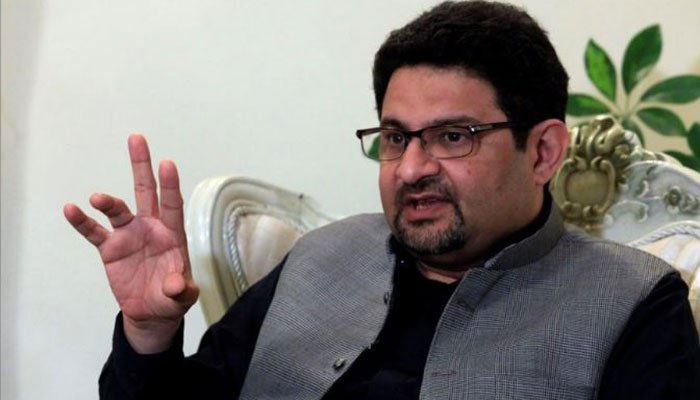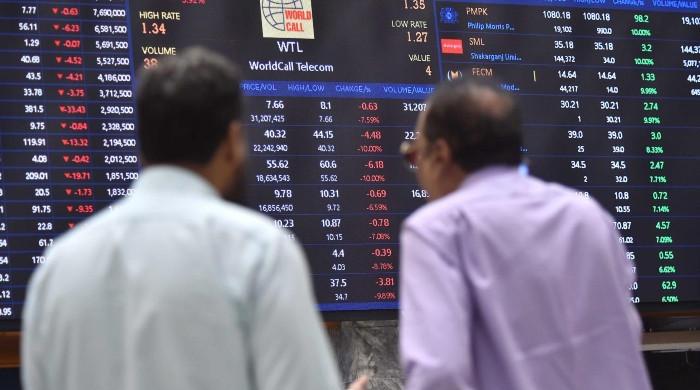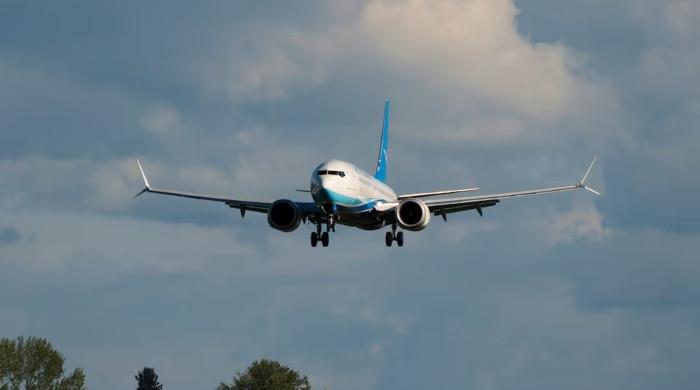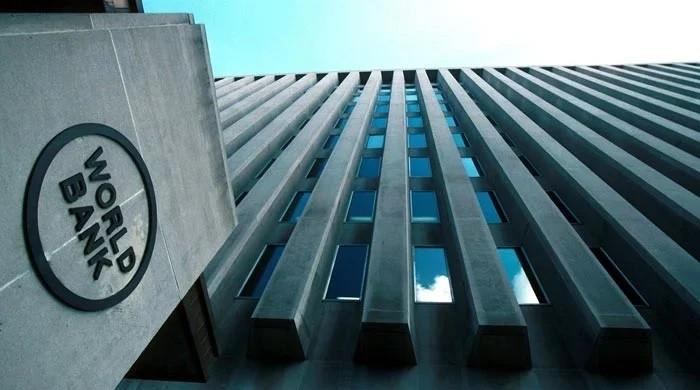Measures taken to avoid new IMF loan: Miftah
Such measures have been taken in Budget 2018-19 to avoid going into any new IMF program, the minister says
May 01, 2018

KARACHI: Finance Minister Miftah Ismail, until last week the adviser to prime minister on financial affairs, on Monday stressed the need to curtail the budget deficit and boost exports to avoid being forced to take another loan from the world's top financial authority.
Addressing a post-budget seminar organised by the Institute of Chartered Accountants of Pakistan (ICAP), Ismail said such measures were employed in the Budget 2018-19 to evade any new programme with the International Monetary Fund (IMF).
The finance minister said the incumbent government has given its best in the budget, making it easier for the next leadership to take up reigns after the upcoming general elections.
“It is now the duty of the new government to maintain economic growth,” he said, adding that the budget was as per policy of the Pakistan Muslim League-Nawaz (PML-N).
Ismail explained that as the finance minister, it was his duty to ensure improving economic growth alongside narrowing budget deficit. He said next fiscal year's growth target has been set at 6.2 percent.
Tax rates have been reduced as per the government commitments, he noted, adding that a five percent tax has been proposed under the amnesty scheme to whiten black money.
Ismail said while a higher tax rate attracts more revenue, it cannot yield results in the long term. He explained that the rich have been buying properties and motor vehicles but avoiding registration and paying taxes.
They have no option now but be forced into the tax net, he added.
The minister said the government was making efforts to broaden the tax net and that a non-filer cannot purchase immovable property valuing above Rs 4 million.
Ismail hoped that the Federal Board of Revenue (FBR) would collect around Rs 4 trillion during the outgoing fiscal year. "The FBR has been assigned collection target at Rs 4.565 trillion — an 11 percent higher than the present target," he added.
Ismail also stated that while customs duties had been reduced on many items, the government has also levied or enhanced the duties on several other items.
The minister said the salaried individuals were paying huge sums as income tax. “Therefore, [they] have been allowed tax relief in the budget.”
He stressed the need to curtail budget deficit, adding that the federal government had reduced its expenditures but there was no relief from the provincial governments.
Ismail said the government was taking measures to increase the exports and discourage unnecessary imports. He said if remittances and exports increase by 20 percent than the higher imports will not be a problem.
He further stated that the GDP growth should be brought at 10 percent for poverty reduction and employment generation.
Commenting on the rupee depreciation, he said lowering dollar value would support import of expensive cars and luxury items and admitted that maintaining exchange rate in the past was a mistake.
With regard to the outgoing fiscal-year performance, the minister said agriculture sector posted a 10-year high growth at 3.8 percent. Flour prices were higher than other regional countries but wheat support prices were at the lowest, he added.
He lamented reduction in the cotton output, saying Pakistan and India, in the past, were producing an equal quantity of cotton bales. However, Pakistan is still at around 12 million bales while India has touched 26 million, he said.
Ismail said the revenue collection had risen 100 percent during the past five years. Very few Pakistanis were paying taxes, he noted.
He further said the government was not allowing any relief to the tax evaders; however, there was a need to bring those evaders into the tax system.
The minister assured chartered accountants to rectify the mistakes pointed out in the Finance Bill 2018 and Federal Budget 2018-19. He said the flaws in the budget documents would be addressed in the next two weeks.











